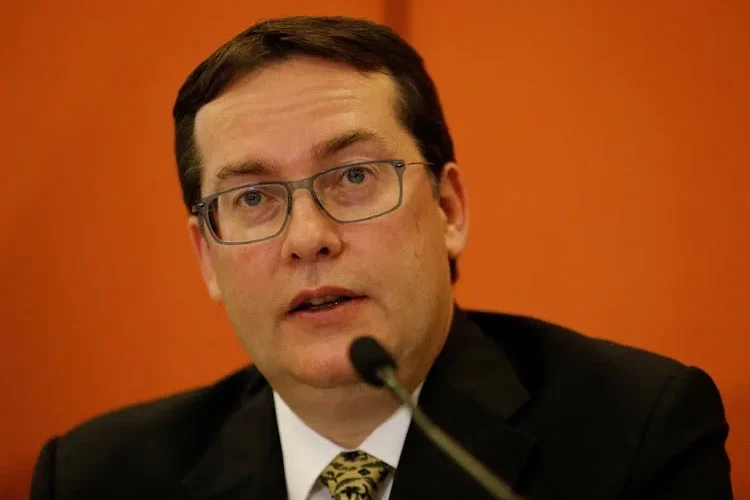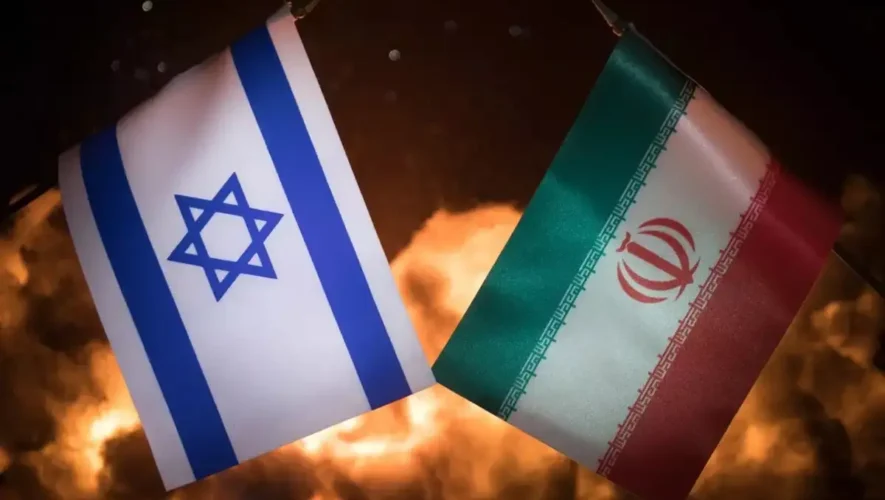- st tranche of US $ 330 mn soon
- Snr. Mission Chief Breuer says debt restructuring strategy needed by end April
- Prez seeks 10-yr foreign debt moratorium
The International Monetary Fund (IMF), which approved a 48-month extended arrangement under the Extended Fund Facility (EFF) of $ 2.9 billion to support Sri Lanka’s economic policies and reforms, is to conduct an in-depth governance diagnostic exercise, which will assess corruption and governance-related vulnerabilities in Sri Lanka and provide prioritised and sequenced recommendations, thereby making Sri Lanka the first country in Asia to undergo such an exercise.
Attending a special virtual media briefing last morning (21), IMF’s Senior Mission Chief for Sri Lanka Peter Breuer said the IMF Executive Board had approved a 48-month extended arrangement under the EFF of about $ 2.9 billion to support Sri Lanka’s economic policies and reforms.
Noting that the Board approval marks an important step towards the resolution of the prevailing economic and humanitarian crisis, he said that Sri Lanka would immediately receive an initial disbursement of about $ 330 million under the EFF arrangement, which is expected to catalyse new external financing including from the Asian Development Bank and the World Bank.
Breuer also said that the reform programme supported under the EFF arrangement was built on strong policy measures and priorities including revenue based fiscal consolidation accompanied by stronger social safety nets, fiscal institutional reforms, and cost recovery based energy pricing in order to ensure the State’s ability to support all of its essential expenditure; the restoration of public debt sustainability including through debt restructuring to ensure the stable financing of the Government’s operations; a multi-pronged strategy to restore price stability and rebuild reserves under greater exchange rate flexibility in order to alleviate the burden of inflation, particularly on the poor, to foster an environment of investment and growth, and to ensure Sri Lanka’s ability to import essential goods; policies to safeguard financial sector stability in order to ensure that the financial sector can play its key role in supporting economic growth; and structural reforms to address corruption related vulnerabilities and to enhance growth.
“Sri Lanka has already started implementing these challenging policy actions. It is now essential to continue the reform momentum under strong ownership by the authorities and the people more broadly. The economic impact of the reforms on the poor and vulnerable needs to be mitigated with appropriate measures. In this regard, we welcome the authorities’ firm commitment to strengthen social safety nets,” he said.
Commenting further, he added: “Tax reforms under the programme are designed to be progressive, that is, to ensure greater contributions from high income earners. Efforts to increase tax revenues should be pursued in a growth friendly manner while protecting the poor and the most vulnerable.”
Breuer said that it was now important for the Sri Lankan authorities and creditors to closely coordinate and make swift progress towards debt treatment that restores debt sustainability under the EFF supported programme. Citing a recent open letter sent by President and Minister of Finance, Economic Stabilisation, and National Policies Ranil Wickremesinghe to official bilateral creditors which included commitments to transparency and the comparability of treatment for all external creditors, he said that the IMF staff would continue to assist the authorities with creditor coordination in line with the IMF’s policies.
Emphasising the importance of anti-corruption and governance-related reforms as a central pillar of the EFF supported programme, he said that they were indispensable in order to ensure that the hard won gains from the reforms benefit the people. While the authorities have committed to fundamentally improving public financial management and to strengthen the anti-corruption legal framework in line with the United Nations Convention against Corruption, he said that the IMF would also be conducting an in-depth governance diagnostic exercise.
“This will assess corruption and governance-related vulnerabilities in Sri Lanka and provide prioritised and sequenced recommendations. Sri Lanka will be the first country in Asia to undergo a governance diagnostic exercise by the IMF. We look forward to further engagement and collaboration with the stakeholders and civil society organisations on this critical reform area.”
Breuer stressed that Sri Lanka must present a debt restructuring strategy by the end of April 2023 to reach the IMF targets to achieve debt sustainability.
The Cabinet of Ministers has meanwhile granted approval to a proposal furnished by Wickremesinghe for entering into the relevant agreements to obtain the said facility from the IMF.
Following the announcement by the IMF that its Executive Board had approved a 48-month extended arrangement under the EFF, Wickremesinghe said on Monday (20) that Sri Lanka was seeking a 10-year moratorium on foreign debt. “The IMF assistance will only give us a breathing space where they will say that we are no longer bankrupt. All the money we have to repay this year. I hope that we will be given at least 10 more years to repay it,” he said.
Source By themorning.lk




